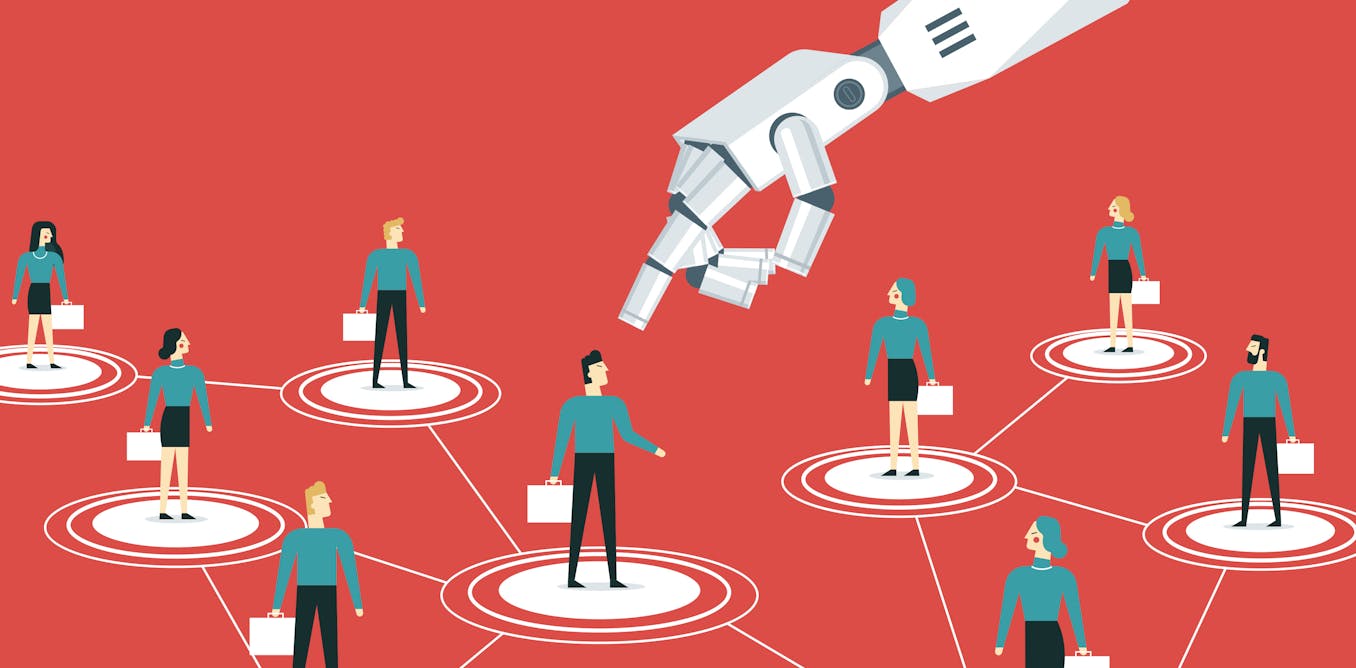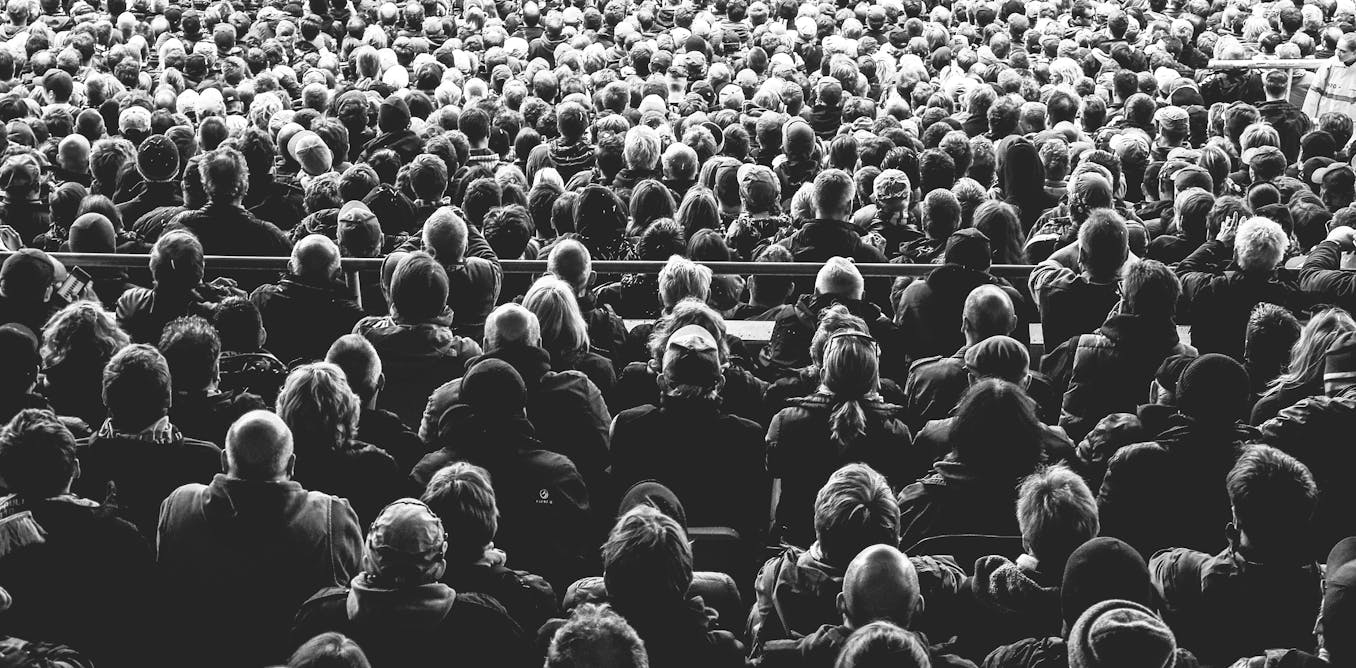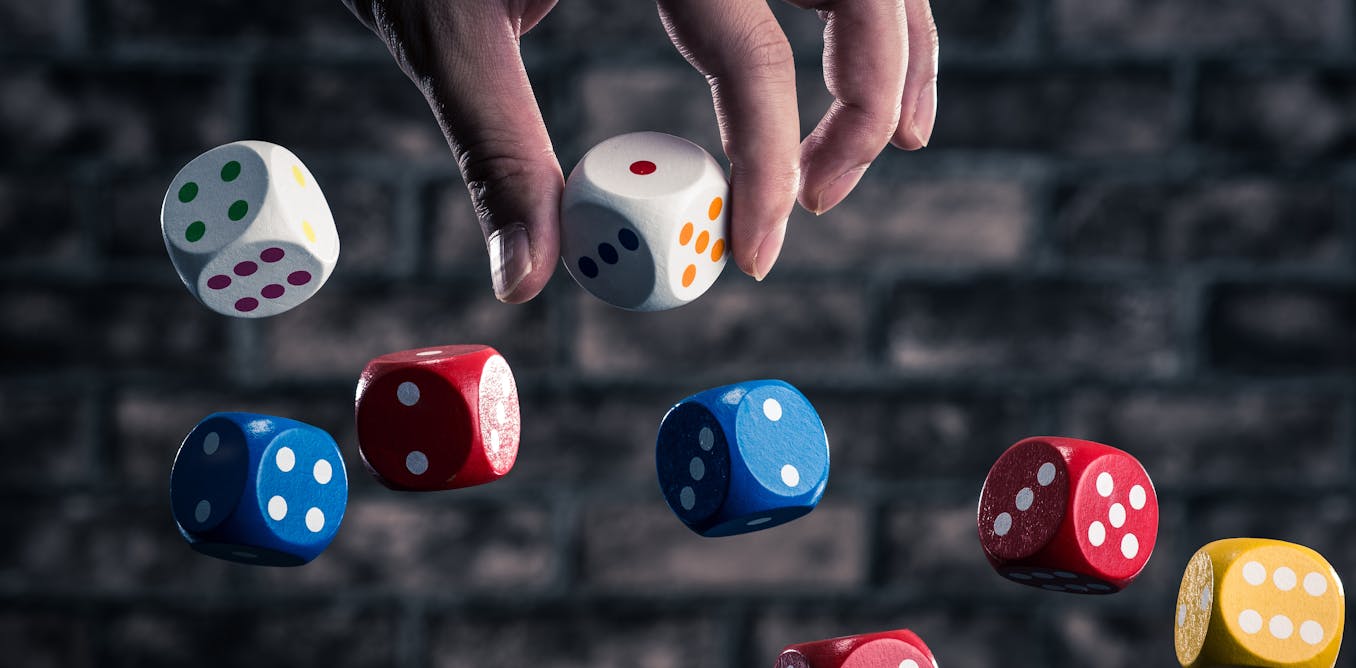An eye for an eye: People agree about the values of body parts across cultures and eras
People from many different cultures across the globe and across millennia largely agree about which body parts are most valuable – and how much compensation they warrant when injured.
Jan. 10, 2025 • ~11 min










